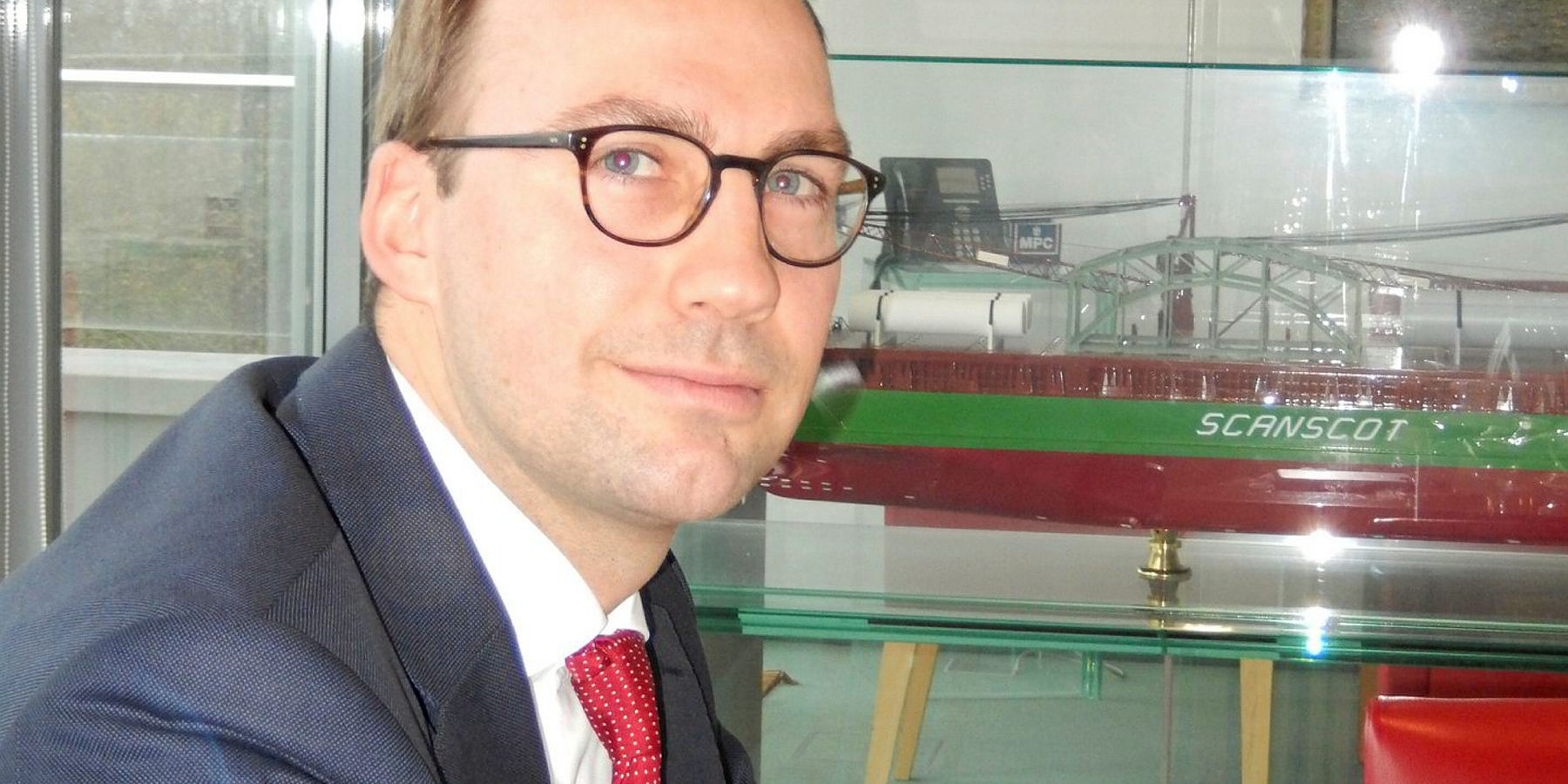MPC Container Ships (MPCC) is targeting the acquisition of 100 feeder containerships, despite the rise in boxship values, says chief executive Constantine Baack.
Pending purchases are expected to raise its feeder fleet to more than 50 vessels, but the target remains double that, Baack confirms.
He says MPCC is likely to remain a buyer as long as secondhand values are at a significant discount to newbuilding values.
“If we’re unable to acquire a good discount to newbuilding parity, we would not continue to acquire ships,” he said. “But at this stage — provided markets stay where we are — we could grow to 100 ships.”
The revelation comes with the appointment of new management who are likely to have their work cut out.
Under changes revealed this week, Baack will take over the running of the shipping division on the board of parent company MPC Capital, where he is chief financial officer.
He replaces Peter Ganz, who joined from Hapag-Lloyd two years ago. No reason has been given for Ganz leaving, although he will remain in an advisory capacity.
The shake-up coincides with the appointment of Leonhard & Blumberg managing director Christian Rychly for MPC's shipping operations at the end of the year.

Rychly confirms he will leave Leonhard & Blumberg after 19 years to assume a new role as managing director of MPC Maritime Holding.
Rychly has in the past year helped shape the merger of Leonhard & Blumberg's containership desk with that of Buss Shipping, and also engineered its subsequent inclusion into the Hanseatic Unity Chartering set-up.
He will work alongside Michael Silies, chief executive of MPC Capital-controlled Ahrenkiel Steamship, with joint responsibility for the shipping activities of MPC.
Their task is likely to include oversight of larger containerships of up to 5,100 teu acquired by institutional investors on behalf of MPC, held in a separate portfolio to the fleet of the Oslo-listed company.
MPCC — in which MPC has invested $47m for its 27% stake — has wholly or partially acquired 26 feeder containerships since raising around $450m from the capital markets this year.
It is currently on course to raise its fleet to around 57 vessels and is finalising the $130m acquisition of nine 1,700-teu vessels and one 2,800-teu units from the containership fleet of Cido Shipping.
Further pending acquisitions include a second fleet of 14 ships of between 1,400 teu and 3,800 teu that are being sold for $135m and seven feeder containerships. Including the Cido fleet, this will take the total spent to around $335m.
Baack acknowledges that boxship values have appreciated sharply since March and April but adds that cash-flows in the form of charter rates have followed.
It means the secondhand containership market remains attractive with prices at 40% to 50% newbuilding parity.
“The first ships we bought at 55% newbuilding discount, so the market has been moving but supported by improving charter rates as well,” he said. “But there will be a point in time when prices are too high.”




